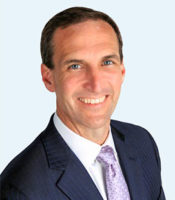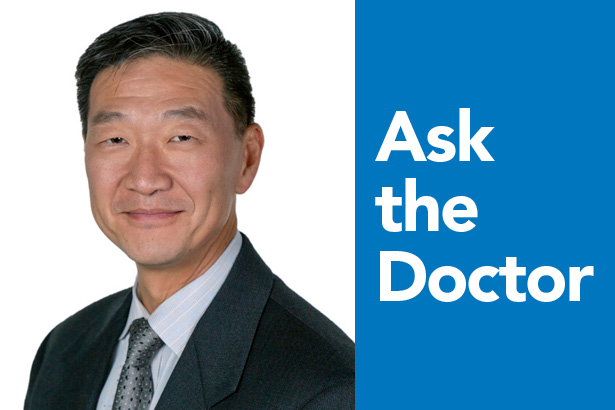We all want to live healthier, happier lives. Whether that means losing weight, starting an exercise program, getting more sleep, or reducing stress, we strive every day to improve our health and to look and feel our best.
For help, many people turn to the $10 billion self-improvement market, which is awash in quick fixes. Self-help books, fitness websites, and weight-loss apps all promise to help meet our goals. Unfortunately, most of us fail to stick with these programs, and any progress proves to be fleeting.
So how can we get more for our money and efforts? Enter the Wellness Coach. Wellness coaches are trained professionals who work closely with clients to help them initiate and sustain change. Coaches use face-to-face meetings and a series of conversations to help clients identify goals, explore motivations, and consider potential obstacles. Together, the coach and client develop a personalized picture of success called a “wellness vision,” along with a plan to achieve it. “We go below the surface and unearth any negative beliefs or thoughts that could get in the way” of success, says Nina Spiegel, wellness coach at the Graf Center for Integrative Medicine at Englewood Health. The work is actually fun, says Nina. “We’re creating a new possibility at any given age.”
Once a long-term objective has been identified, the coach helps the client reach it by creating an action plan, a series of short-term goals that help change habits gradually and incorporate new behaviors for the long term. Weekly face-to-face meetings keep the client accountable, provide an opportunity to review progress, discuss any challenges that may have been encountered, and make adjustments to help the client stay on track.
A wellness coach considers all aspects of health — physical, emotional, mental, social, and spiritual. This holistic approach, and the close working relationship between coach and client (something that online programs and apps lack) help ensure success and create lifelong change. According to a recent Mayo Clinic study, wellness coaching provided lasting improvement in all aspects of quality of life as well as reduced depressive symptoms and stress levels in study participants.
A Life-Changing Partnership
Sharon Danzger, 53, a productivity consultant and performance coach from Tenafly, says working with a wellness coach changed her life. “Thanks to her guidance, I lost over 50 pounds and I’ve kept it off,” she says.
Sharon had dieted all her life, losing weight, then regaining it over and over again. When she met with Nina Spiegel, the wellness coach from the Graf Center, Sharon made it clear she had sworn off diets. This worked well since Nina, a holistic nutritionist, certified personal trainer, and weight loss specialist, never prescribes them.
Rather than devising a diet for Sharon, detailing forbidden foods and calorie restrictions, Nina helped her focus on making small behavioral changes and better food choices throughout the day.
Nina also worked to identify triggers that led Sharon astray. A devoted swimmer, Sharon swims two miles—about one hour—most days. After her workout, she’d arrive home famished and eat whatever was at hand—often food that was loaded with empty calories. To combat cravings and break this defeating cycle, Nina suggested Sharon leave a protein bar in her gym locker. This way she could take a bite right after her workout, fighting any urge to overindulge. Nina also gave her ideas for a high protein, low calorie breakfast that helped fight hunger throughout the day.
Sharon says these simple changes have helped her maintain her 51-pound weight loss for over a year. Nina “was able to identify small changes for me to make that actually had a really big impact,” says Sharon. “I found that I had somebody on this journey with me who cared about my success and was also invested in it.” To this day, Sharon continues to check in with Nina, which helps her stay on track.
Those interested in partnering with a wellness coach can now find one at the Graf Center for Integrative Medicine. Wellness Coaching at the Graf Center is tailored to your unique goals and needs. When and how long you meet with your coach is determined by your scheduling needs and what you hope to accomplish.
Fee
$100 for initial 90-minute session. Follow-up sessions are $55 for 30 minutes (6 for $300) or $80 for 60 minutes (6 for $420). To help clients achieve their goals, it is recommended that they use all six sessions within 60 days.
Posted April 2019


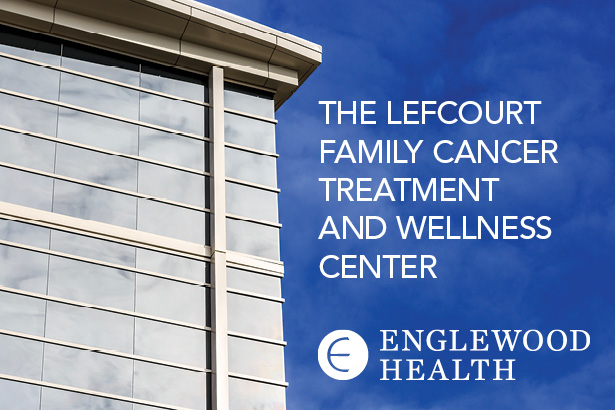
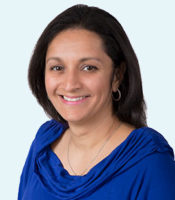
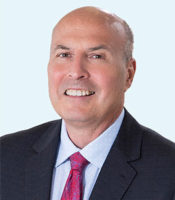
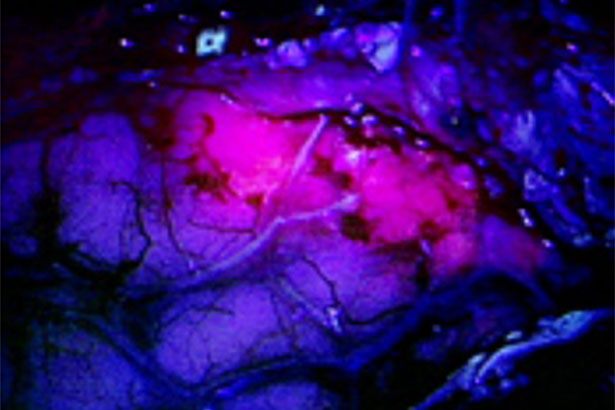
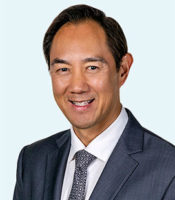
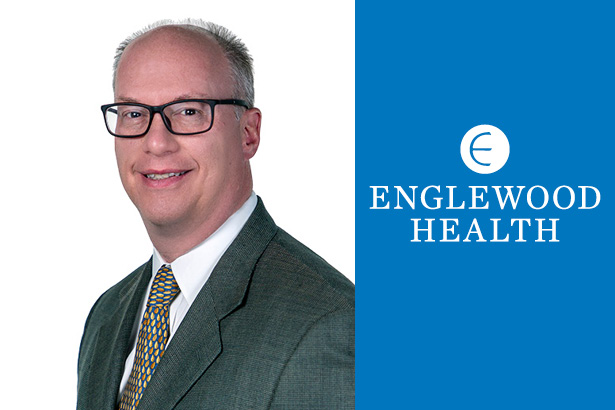

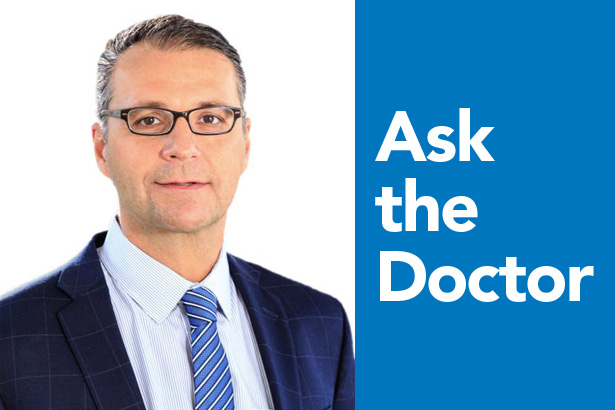
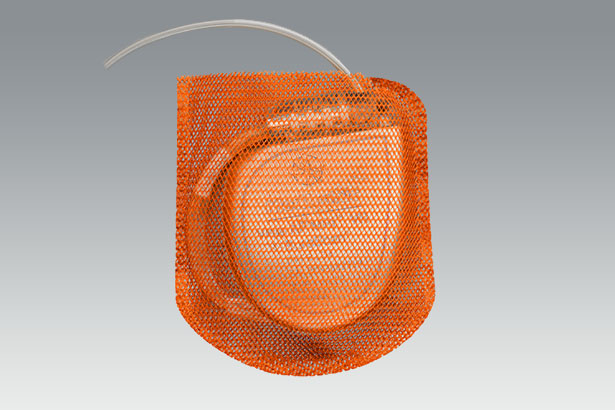
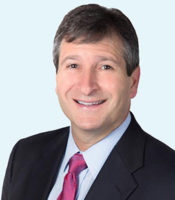
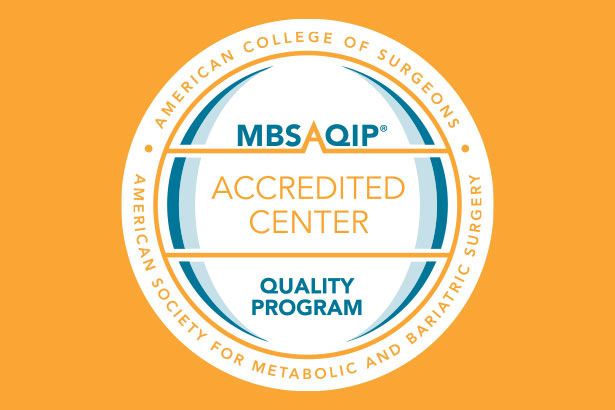
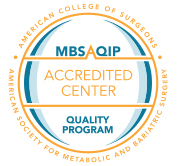 March 27, 2019 — Patients seeking surgical treatment for severe obesity and related conditions have access to a nationally accredited program meeting the highest standards for patient safety and quality of care in the North Jersey area.
March 27, 2019 — Patients seeking surgical treatment for severe obesity and related conditions have access to a nationally accredited program meeting the highest standards for patient safety and quality of care in the North Jersey area.